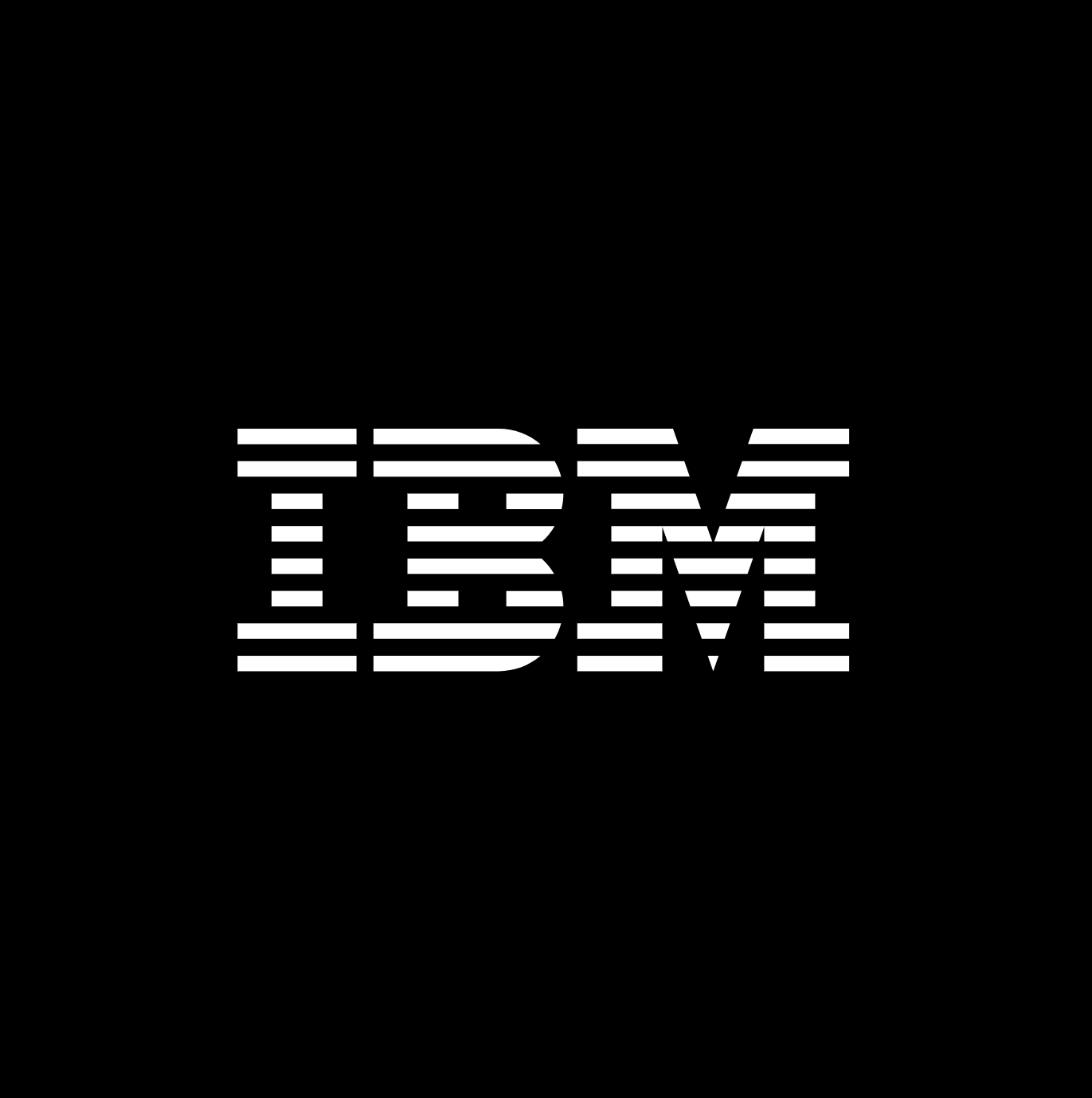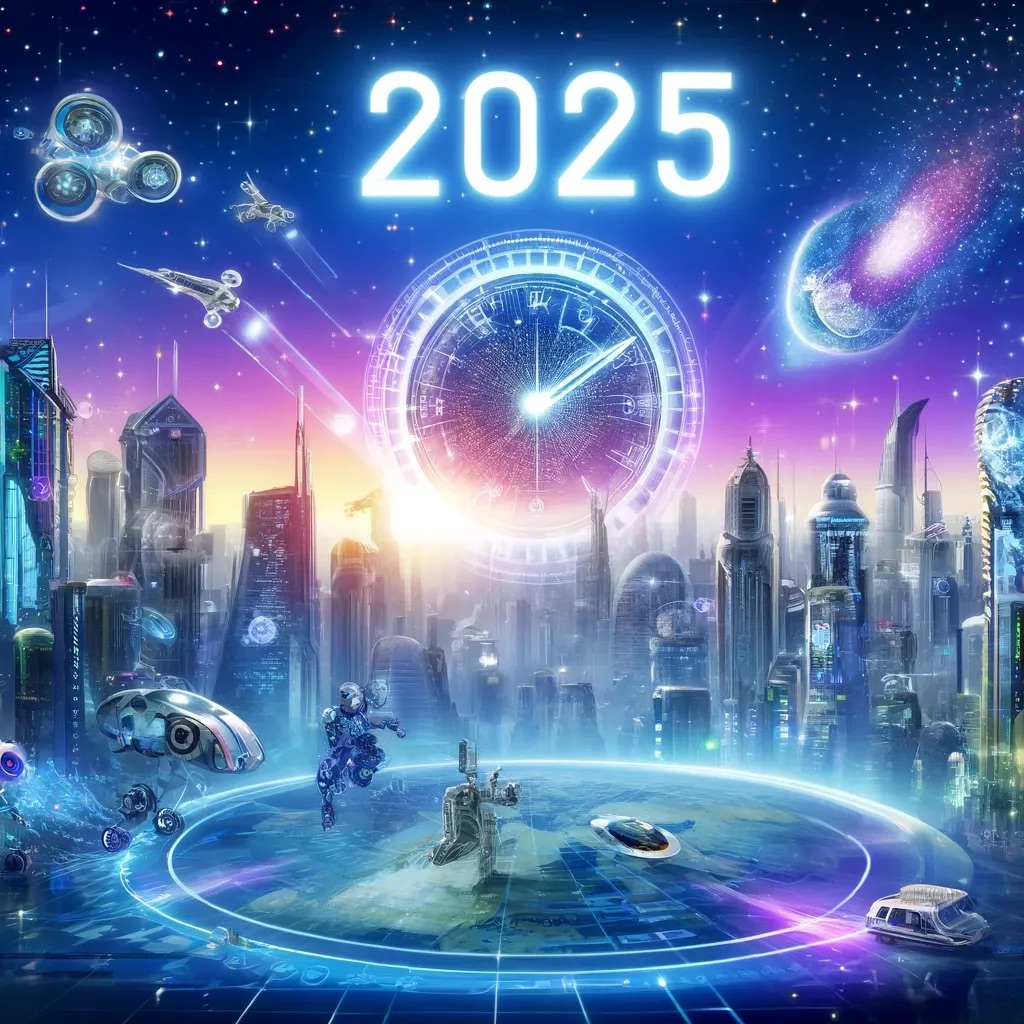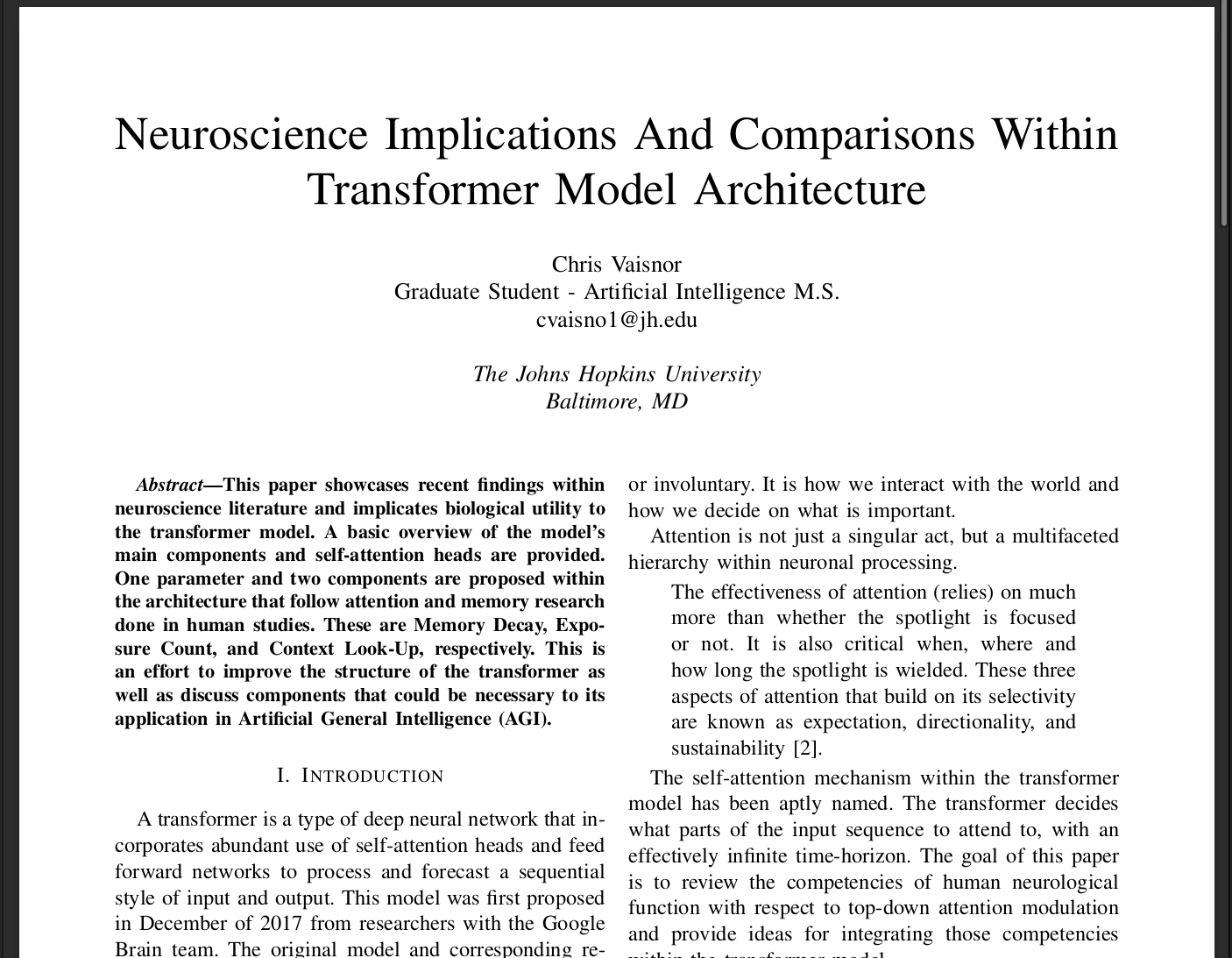Dr. Adam Grant is a top-rate professor at the Wharton School of Business at the University of Pennsylvania. His specialization is with Organizational Psychology and his book “Think Again - The Power of Knowing What You Don’t Know” is a masterpiece in the fields of cognitive and behavioral psychology.
I decided to read Dr. Grant’s book because I’ve been interested in embracing change and learning new things. Think Again is a monument to the power of restructuring our attachment and belief systems from a rigid to flexible mindset.
The farther I get into the field of Artificial Intelligence and Computer Science, the more I realize there are ideas and topics I have never heard of. There is one software after the next, and the list is infinite. If you are not constantly updating your beliefs and knowledge, you will be left behind by others that can adapt more quickly.
An important concept that Dr. Grant discusses is the idea of binary bias. We have a tendency to simplify the environment, to ‘chunk’ information into categories to reduce our cognitive load. This is important! Our attention is limited based on our biological hardware. But, anytime a simplification is made, information is lossed somewhere. “An antidote to this proclivity is complexifiying: showcasing the range of perspectives on a given topic.” (Page 165) There is a balance between simplicity and complexity, and we need to be aware of the tradeoffs.
I have a few quotes from the book I would like so to share:
We laugh at people who still use Windows 95, yet we still cling to opinions that we formed in 1995.
A hallmark of wisdom is knowing when it’s time to abandon some of your most treasured tools - and some of the most cherished parts of your identity.
A fundamental lesson of desirability bias is that our beliefs are shaped by our motivations. What we believe depends on what we want to believe.
It’s a rare person who wants to hear what he doesn’t want to hear.
Dick Cavett






